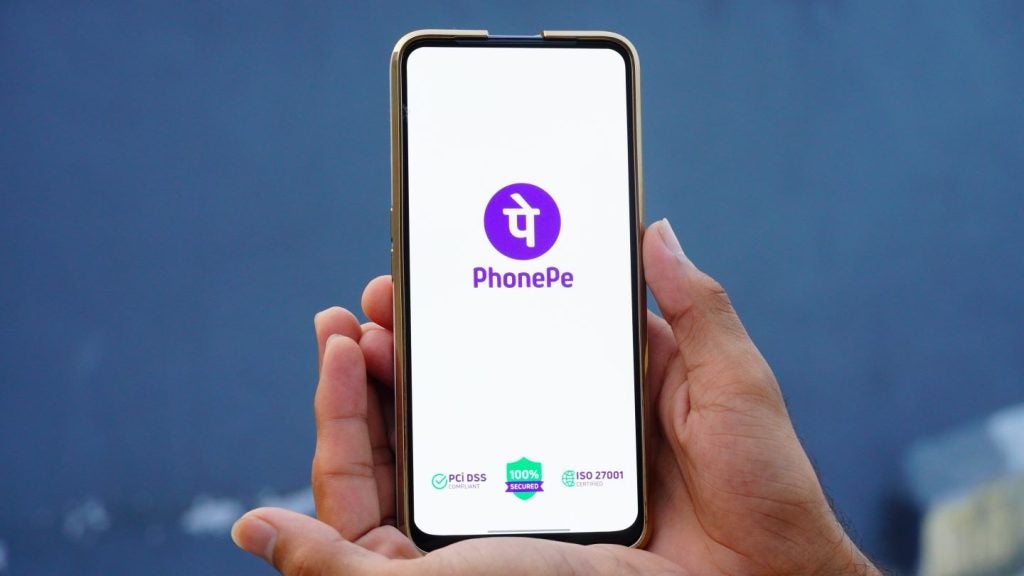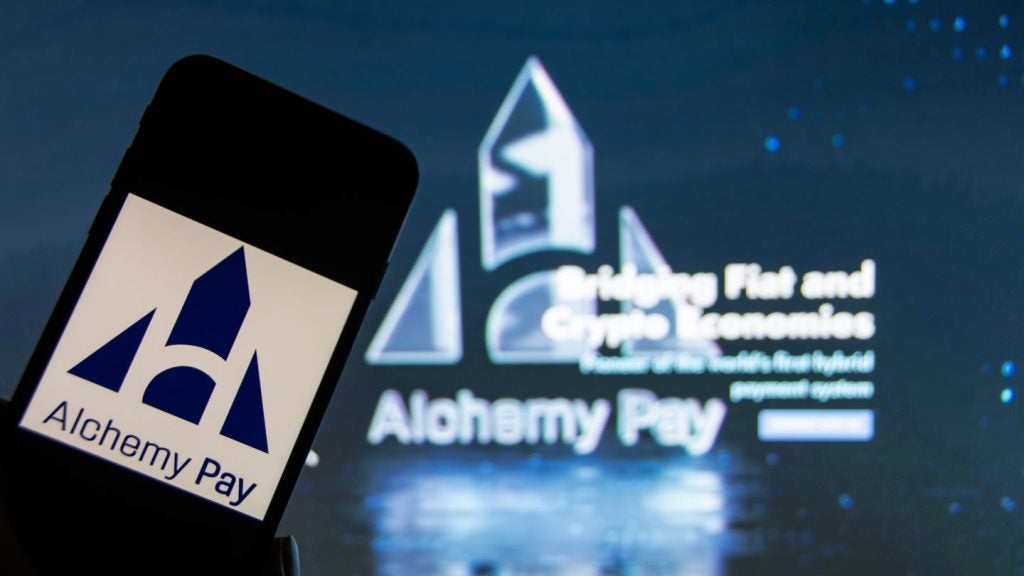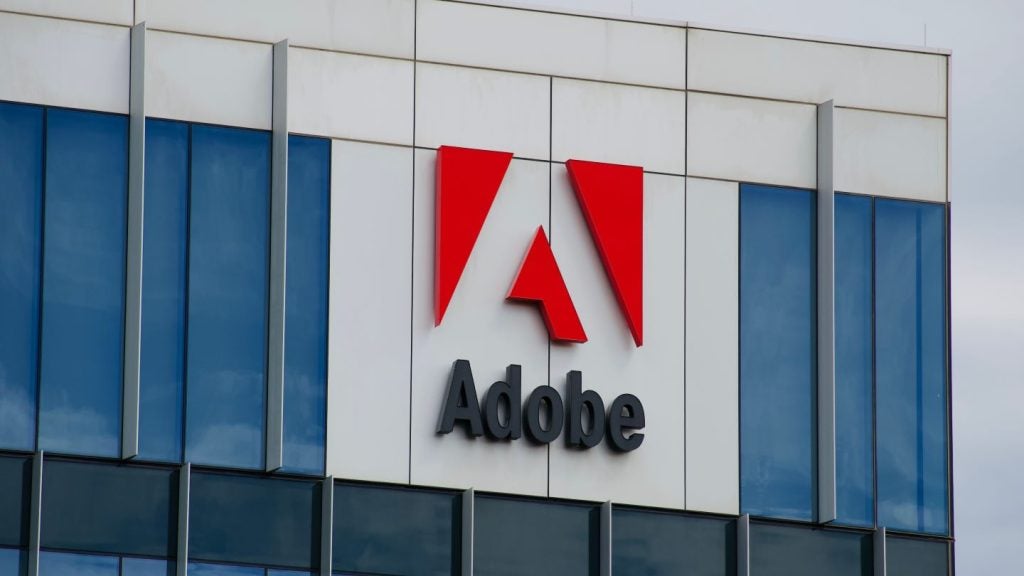
Fintech startup Fast is no more. CEO Domm Holland and COO Allison Barr Allen founded the company in 2019. The company has now pulled the plug despite the company having raised over $124.5m in total. It most recently raised a $102m Series B round in January 2021.
However, the fintech community is left unsurprised that a brand that has been loudly tooting its own horn has collapsed, still singing its own praises.
In a public statement, Holland said he was “incredibly proud” of what Fast had accomplished in the fintech space.
“Sometimes trailblazers don’t make it all the way to the mountain top,” he said on Twitter. “But even in those situations, they pave a way for others to follow. Fast has done that with bringing one-click and headless checkout into the mainstream.”
However, far from everyone in the fintech community was convinced by the Fast founder’s hyperbole.
“Well before Fast and other players emerged to bring fast checkouts to the broader e-commerce market, Amazon had already pioneered it,” Olga Shikhantsova, Fintech Principal, Speedinvest, tells Verdict. “In fact, Amazon had held the patent on one-click-checkouts until 2017.”
Others link the implosion of Fast to funding into the fintech sector drying up.
“Fast is another example of the era of cheap money coming to a grinding halt,” Leon Gauhman, CSO and CPO of digital transformation consultancy Elsewhen, tells Verdict. “Fast entered a new, growing payments market, spearheaded by true trailblazers such as Checkout.com and Stripe, on the assumption that it didn’t need to be a differentiated product.
“The company built a loud brand with huge marketing spend and hoped for the best. Far from changing online commerce forever, the only thing Fast changed was its investors’ balance sheet. There were serious excesses such as its NASCAR sponsorship. That said, even a year ago Fast could have managed to raise another round on the basis of some vanity metrics and allure of future growth. But in today’s tougher environment, investors are looking for more than that.”
Fintech watchers had voiced whispers that Fast might be in trouble for some time. The rumours that the company was in trouble have intensified over the past few days, after reporting indicated that its 2021 revenue growth was modest, its cash burn high and its fundraising options limited, as reported by TechCrunch. Business Insider later obtained an email from Holland revealing that the company had run out of money.
Fintech goes down fast but swinging
The company went down swinging. As late as March 28, 2022, the checkout company announced that it had entered a partnership with The Honest Company. That deal failed to save Fast.
Simone Martinelli, co-founder and CEO of checkout fintech startup Volume says that while “Fast did do some things really well”, he believes there “were some flaws in their model” that eventually led to the rival’s collapse.
“It is evident that artificially created hype is not enough anymore to get and maintain customers, even with the best of intentions,” Martinelli tells Verdict. “Founders should rather focus on solving real problems for ecommerce businesses, leveraging technologies like open banking. Fundamentally though, things are tough across the retail landscape if you aren’t Amazon. To succeed in this crowded space, you need to address the key hurdles retailers and merchants face daily, making their lives faster, cheaper, simpler and safer.”
Fast did not return requests to respond to these comments ahead of the publication of this story.
The majority of Fast’s engineers will be given a chance to join buy-now-pay-later startup Affirm, according to an agreement between the failed startup and the Klarna rival.
Fintech explosion
The news about the collapse of Fast comes on the back of the fintech industry having enjoyed a massive funding boom during the Covid-19 crisis.
At the beginning of the pandemic, fintech founders feared they would run out money fast. Market uncertainties have a tendency make investors tighten their purse strings, after all.
Indeed, the value of the venture capital deals in the industry dropped from $35bn in 2019 to just $30bn in 2020, according to data from GlobalData. The number of deals dropped from 2,065 to 1,786 over the same period. However, those figures jumped in 2021. Last year, fintech companies attracted $88bn across 2,528 deals.
It also seems as if more mature companies have enjoyed a boon as the majority of funding being recorded by GlobalData going into investment rounds worth up to $50m. In 2020, 1,640 deals recorded were worth up to $50m. In 2021, that figure had jumped to 2,120. In other words, several small startups successfully topped up their coffers during the pandemic.
The proportion of investment deals worth $50m or more of the total number of deals has grown over the past two years. In 2019, 8% of deals were worth more than $50m. Last year, that figure had jumped to 22.8%. However, it seems as if fintech funding has slowed down after the record year of 2021.
GlobalData is the parent company of Verdict and its sister publications.






